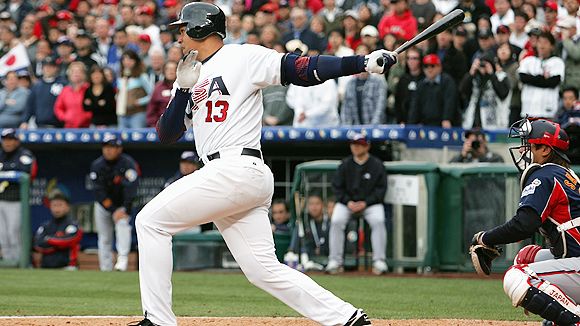
- Matt Sneed-Assistant Program Director/ Music Director/Afternoon Drive DJ 94.5WPST
- I was able to get the necessary answers to the blog post questions through Mr. Sneed very quickly after I had called his direct line earlier after my other attempts at contacting people did not go as planned
- I plan on using this interview for the sole purpose of completing the blog post project and it is not intended for anything else
1. What does your professional do/What is thier profession? Mr. Sneed is the Assistant Program Director as well as the Music Director and Afternoon Drive DJ.
2. How did you get started? Mr. Sneed got started with an internship at WPLJ in 1996.
3. What experiences led them to this position? Lots of hard work, dedication and never giving up was what led Mr. Sneed to his where he is today.
4. What do you like/dislike about your job? According to Mr. Sneed, he does what he likes for a living so there really are no dislikes to his job, though free tickets and CD's don't hurt either :).
5. How do you feel new technologies will impact the media industry in the future? No comments from Mr. Sneed
6. What recommendations do you have for students? No comments from Mr. Sneed
7. Where and how can students get started? According to Mr. Sneed, dropping out of college and going for it is the ideal way to get started, but seriously don't do that, its only a joke! HAHA! But for a lot of people they do not need four years of college because real experience is best when it comes to radio.
8. How important is experience and what is the best place to get experience? Real experience is the best, according to Mr. Sneed and getting a job and going from there wouldn't hurt either.
9. What qualities/characteristics are important for someone getting started in the industry? Talent, drive, commitment, hard worker, no ego, don't complain and be as crazy as possible are all qualities that are important for breaking into the radio industry according to Mr. Sneed.
10. Is there an Industry Journal/Trade Publication you would recommend reading? According to Mr. Sneed, Allaccess.com and FMQB.com are ones he suggests reading.
I really learned a lot from this interview as well, especially what it takes to be a radio DJ and what one has to do in order to get there. Now the tricky part for me will be whether I want to go into the radio business or the production business, but I guess only time will tell.
















 The future of radio is here my friends, and the very idea of it is at a crossroads. In this new day and age, radio is wondering where it will go from here. TV has already started its own revolution with on demand services, and being able to record you favorite shows from the click of a button. In an article from the Washington Post, "as the audience for AM and FM radio stations declines, start up entertainers and media alike search for the "next radio" (washingtonpost.com). As many offshoots of radio have risen, there is no sure signs that any of then will survive, including ones like "Rhapsody" (washingtonpost.com). No one really knows where or when the next version of radio will come about, but the industry makes one inference and that is that "Apple could only produce the next form of radio, even possibly one that eventually gains mass acceptance" (washingtonpost.com).
The future of radio is here my friends, and the very idea of it is at a crossroads. In this new day and age, radio is wondering where it will go from here. TV has already started its own revolution with on demand services, and being able to record you favorite shows from the click of a button. In an article from the Washington Post, "as the audience for AM and FM radio stations declines, start up entertainers and media alike search for the "next radio" (washingtonpost.com). As many offshoots of radio have risen, there is no sure signs that any of then will survive, including ones like "Rhapsody" (washingtonpost.com). No one really knows where or when the next version of radio will come about, but the industry makes one inference and that is that "Apple could only produce the next form of radio, even possibly one that eventually gains mass acceptance" (washingtonpost.com).

